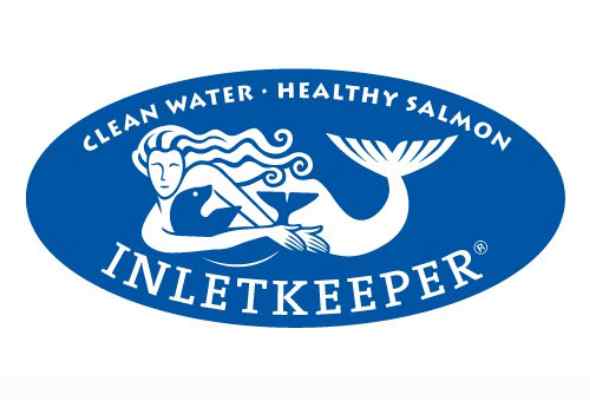
VANCOUVER – Northern Dynasty Minerals Ltd. announced that its wholly-owned subsidiary, Alaska-based Pebble Limited Partnership, and the US Environmental Protection Agency have reached a settlement agreement with respect to the parties’ longstanding legal dispute over the federal agency’s pre-emptive regulatory action under Section 404(c) of the Clean Water Act.
Under the terms of the settlement agreement, EPA has agreed the Pebble Project can proceed into normal course permitting under the Clean Water Act and National Environmental Policy Act. In particular, EPA has agreed it will not file a Recommended Determination under CWA 404(c) until a final Environmental Impact Statement (“EIS”) for the Pebble Project has been completed by the US Army Corps of Engineers (the “Corps”) – so long as that occurs within a period of four years following the settlement agreement and PLP files permit applications within 30 months of the date of the settlement agreement.
The EPA has further agreed to initiate a process to propose to withdraw the Proposed Determination it issued under CWA 404(c) in July 2014. In return, the Pebble Partnership has agreed to terminate permanently and with prejudice two lawsuits it brought against EPA: an action under the Federal Advisory Committee Act and an action under the Freedom of Information Act.
“From the outset of this unfortunate saga, we’ve asked for nothing more than fairness and due process under the law – the right to propose a development plan for Pebble and have it assessed against the robust environmental regulations and rigorous permitting requirements enforced in Alaska and the United States,” said Ron Thiessen, President & CEO. “Today’s settlement gives us precisely that, the same treatment every developer and investor in a stable, first world country should expect.”
Northern Dynasty and the Pebble Partnership expressed their gratitude to EPA Administrator Scott Pruitt and President Trump for their commitment to the rule of law, and the fair and equal treatment of those who would invest in job-creating industries in America. The Company also thanked members of US Congress and the Alaska State Legislature who helped in achieving the goal of due process for Pebble – in particular, members of the House Committee on Science, Space & Technology, House Committee on Oversight & Government Reform and Senate Committee on Environment & Public Works.[xyz-ihs snippet=”adsense-body-ad”]“The Pebble Partnership will advance a progressive mine plan, including mitigation, to be assessed by objective, expert regulators at the US Army Corps of Engineers and a raft of other federal and state agencies – including EPA”, Thiessen said.
“Not only are we no longer facing extraordinary development restrictions at Pebble, we will also be assured a fair and predictable permitting review of our proposed development plan. The Corps-led EIS will be prepared by independent, third party experts to ensure that decisions are based on objective science, and that public and stakeholder participation is comprehensive and meaningful.”
Thiessen said the Pebble Partnership has been advancing planning for a smaller project design at Pebble than previously considered, and one that incorporates significant environmental safeguards.
“It will be a busy and exciting year for Pebble and Alaska,” confirmed Pebble Partnership CEO Tom Collier. “Not only will we be rolling out a project that is smaller, with demonstrable environmental protections, we will also be announcing a number of new initiatives to ensure our project is more responsive to the priorities and concerns of Alaskans.
“We know the Pebble Project must not only protect the world-class fisheries of Bristol Bay, it must also benefit the people of the region and the state in a meaningful way. It is our intent to demonstrate how we will meet those goals in the period ahead.”
Collier said a return to an objective, science-based and predictable permitting process at Pebble will bode well for future resource investment in Alaska and the US.
“Resource investors do not have an expectation that we will always receive development permits or always receive them on the terms we would prefer, but we do have an expectation of fair treatment under the law, and that science, not politics, should guide permitting decisions,” Collier said. [xyz-ihs snippet=”Adsense-responsive”]





